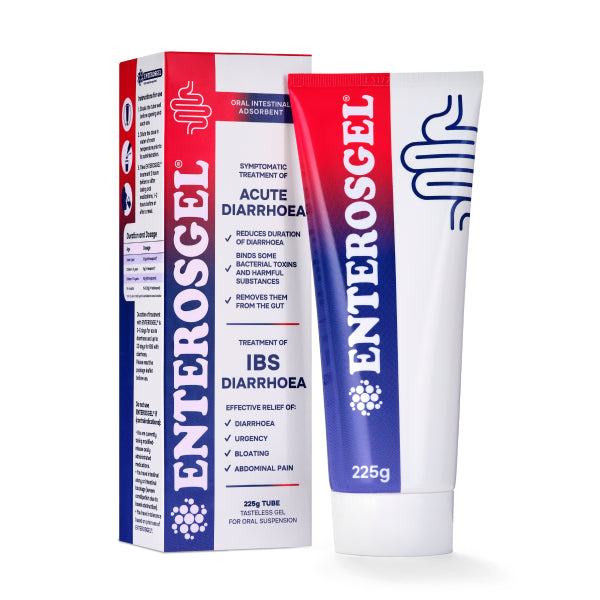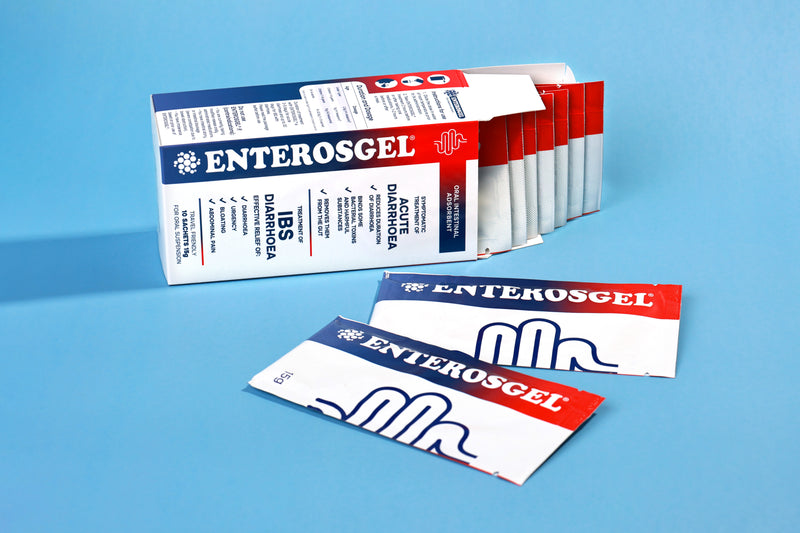
Understanding IBS- the latest news from 2025
Irritable bowel syndrome (IBS) is a very common condition, but it is often poorly understood by both patients and doctors, even though it is one of the most common conditions that GPs regularly encounter. Worldwide it affects an estimated 11% of the population, but this number varies by country and on the criteria used to diagnose it. In the UK using the latest Rome IV criteria, the prevalence is lower at 4.6% of the population.
However, large studies have shown that over 40% of patients with a history of gastrointestinal symptoms whom meet the diagnostic criteria for IBS, are currently undiagnosed. Even those patients with a diagnosis, a quarter do not receive any treatment.
IBS is one of the six so called “functional bowel disorders”, which are characterized by chronic symptoms of abdominal pain, bloating, constipation and diarrhoea, in the lower half of the gastrointestinal (GI) tract.
IBS can be difficult to diagnose because it is a symptom-based disorder, which relies on certain key diagnostic characteristics which can vary between individuals.
In addition, at present there are no blood or physical diagnostic tests for IBS. Blood tests, procedures, and imaging are used to rule out other GI conditions before an IBS diagnosis is given. Generally, IBS is characterised by abnormal gut motility and contractility with associated constipation (IBS-C), diarrhoea (IBS-D), or a combination of both (IBS-M). Patients can report a variety of other symptoms ranging from lethargy, nausea, backache, to urinary or gynaecological problems.

Advances in our understanding of IBS
Current research suggests that our microbiome is important and that certain bacteria may be one of the causes of IBS development. When patients experience an episode of acute gastroenteritis or food poisoning this can alter the microbiome in the small bowel and often triggers post-infectious IBS (PI-IBS), usually the IBS-D sub-type.
Gastroenteritis is often caused by bacteria such as; Campylobacter, E.coli, Salmonella and Shigella which release toxins, that our body in response produces antibodies against. These toxins can mimic a protein that the gut produces for healthy functioning, and our immune system can mistake one for the other, often disrupting our microbiome and causing PI-IBS to develop. Once you have PI-IBS you are four times more likely to contract food poisoning again, further worsening your IBS symptoms.

Oral intestinal adsorbents such as Enterosgel have been shown in scientific tests that they can capture toxins released from bacteria such as E.coli, Shigella and C.difficile. Thereby decreasing their impact on the gut and reducing the duration of diarrhoea in gastrointestinal infections and improving overall IBS-D symptoms. It would be interesting to see if future studies will show Enterosgel’s impact on reducing the development of PI-IBS after a GI infection.
New tests are currently being developed to detect antibodies in the blood for both the toxin and gut protein, to aid diagnosis of this form of IBS.
For a future IBS-C test, researchers are looking at the increased levels of methane producing archaea in these patients. These are micro-organisms that are similar to bacteria, but evolutionarily distinct from them. Methane gas is known to slow gut contractions which may result in constipation, and it can be diagnosed by a methane breath test.

Targeting the Gut-Brain in IBS
Over recent years evidence has resulted in IBS now being classed as a disorder of the gut-brain interaction. This interaction flows in both directions. The gut microbiome produces metabolites which can enter the bloodstream and can influence cognition and emotional function, depression, and anxiety. Stress in turn is known to exacerbate gut symptoms, and it makes sense that to be able to solve a patient’s gut issues, their stress issues also need dealing with. IBS is commonly associated with disorders of metal health such as anxiety and depression which globally are becoming more frequent.
There is plenty of emerging evidence for psychological approaches for stress reduction in IBS patients. These include Gut-directed hypnotherapy; cognitive behavioural therapy, psychodynamic (interpersonal) therapy and mindfulness-based therapy.
Ultimately, all clinicians agree that more research is needed in IBS, focusing on better diagnostics and new therapies.
